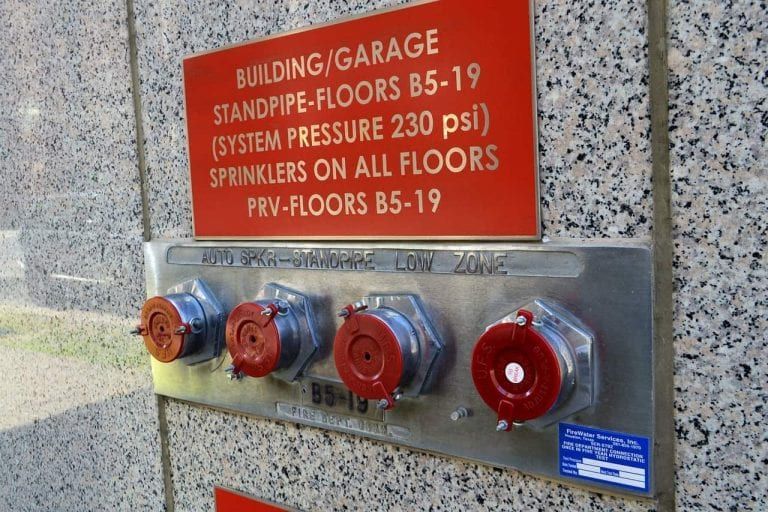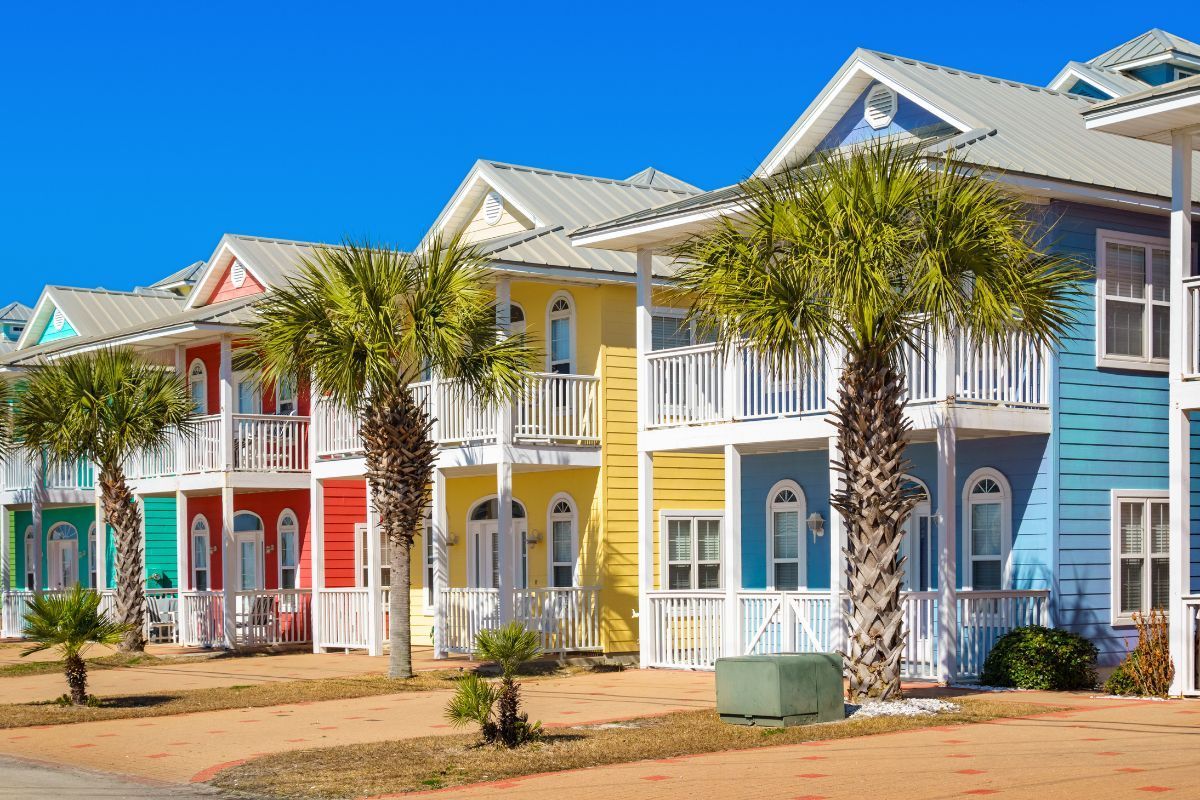ASSOCIATION DEADLINE PERTAINING TO FIRE SPRINKLERS

Important notice for Charlotte County condominiums and Charlotte County cooperative associations.
A deadline is rapidly approaching regarding a condominium or cooperative association’s need to install a fire sprinkler system. If a condominium was constructed without a fire sprinkler system and the unit owners have not elected to forego retrofitting, then the condominium association must retrofit the building with a fire sprinkler system that is code compliant no later than January 1, 2020. The vote to forego retrofitting if the association is not in compliance with the requirements for a fire sprinkler system is December 31, 2016. By that date, the association must initiate an application for a building permit for the required installation with the local government authority having jurisdiction over same demonstrating the association will be compliant by January 1, 2020.
Section 718.112(2)(l) of the Florida Statutes outlines the procedure for condominium associations to forego the retrofitting requirement.
- Vote to forego retrofitting may be obtained by limited proxy or by a ballot personally cast at a duly called membership meeting, or by execution of a written consent by the member, and is effective upon recording a certificate of attesting to such vote in the public records of the county where the association is located. A majority of all voting interests of the association must affirmatively vote in favor of opting out of the retrofitting requirements.The association shall mail or hand deliver to each unit owner written notice at least fourteen (14) days before the membership meeting at which the vote to forego retrofitting of the required fire sprinkler system is to take place.Within thirty (30) days after the association’s opt out vote notice of the results of the opt out vote must be mailed or hand delivered to all of the unit owners.Evidence of compliance with this notice requirement must be made by affidavit executed by the person providing the notice and filed among the official records of the association.
- After notice is provided to each owner, a copy must be provided by the current owner to a new owner before closing by a unit to a renter before signing a lease.
- If there has been a previous vote to forego retrofitting, a vote to require retrofitting may be obtained at a special meeting of the unit owners called by a petition of at least ten percent (10%) of the voting interests. Such a vote may only be called once every three (3) years. Notice shall be provided as required for any regular called meeting of unit owners and must state the purpose of the meeting. An electronic transmission may now be used to provide notice of a meeting called in whole or in part for this purpose.
- If the association votes to forego retrofitting of the common elements for the fire sprinkler system within sixty (60) days from recording the certificate it must report the voting results and certificate information to the Division of Florida Land Sales, Condominiums and Mobile Homes. The Department of Business and Professional Regulation provides Form CO 6000-8 for this purpose.
- If the association does not waive retrofitting requirements, it must report the per unit cost of the retrofitting to the Division of Florida Land Sales, Condominium and Mobile Homes. Retrofitting information is collected by the Division is then reported to the State Fire Marshall on an annual basis.
Similar provisions for cooperative associations are provided in Florida Statute §719.1055(5). However, the deadline to become compliant if a vote to vote to opt out of the retrofitting requirement is December 31, 2019, as opposed to the January 1, 2020 date for condominium associations. Also, the form for retrofitting report for cooperatives provided by the Department of Business and Professional Regulation is found at Form CP 6000-1.
Please note there is not a distinction in Florida Statute §719.1055 for mobile home cooperatives as opposed to high rise cooperatives. Therefore, cooperative associations should seriously consider either compliance with the installation of a fire sprinkler system or voting to opt out of the retrofitting requirement.
As to both condominium and cooperative associations the decision to vote to forego retrofitting should be carefully considered. In addition to the obvious fire hazard and safety risks, the association’s insurance premiums could be affected by the decision to forego retrofitting.
This blog entry is general in nature and should not be substituted for obtaining the advice of association’s counsel regarding retrofitting and the potential vote to opt out of same.
Share This Post:






